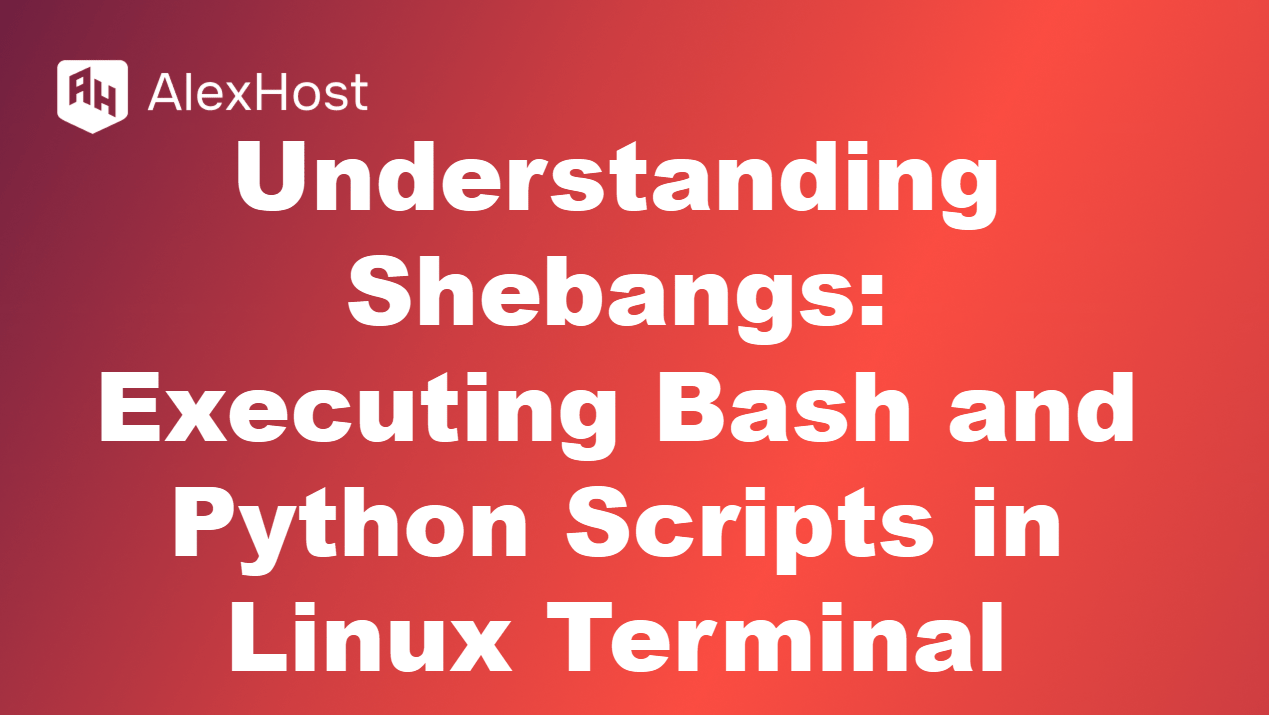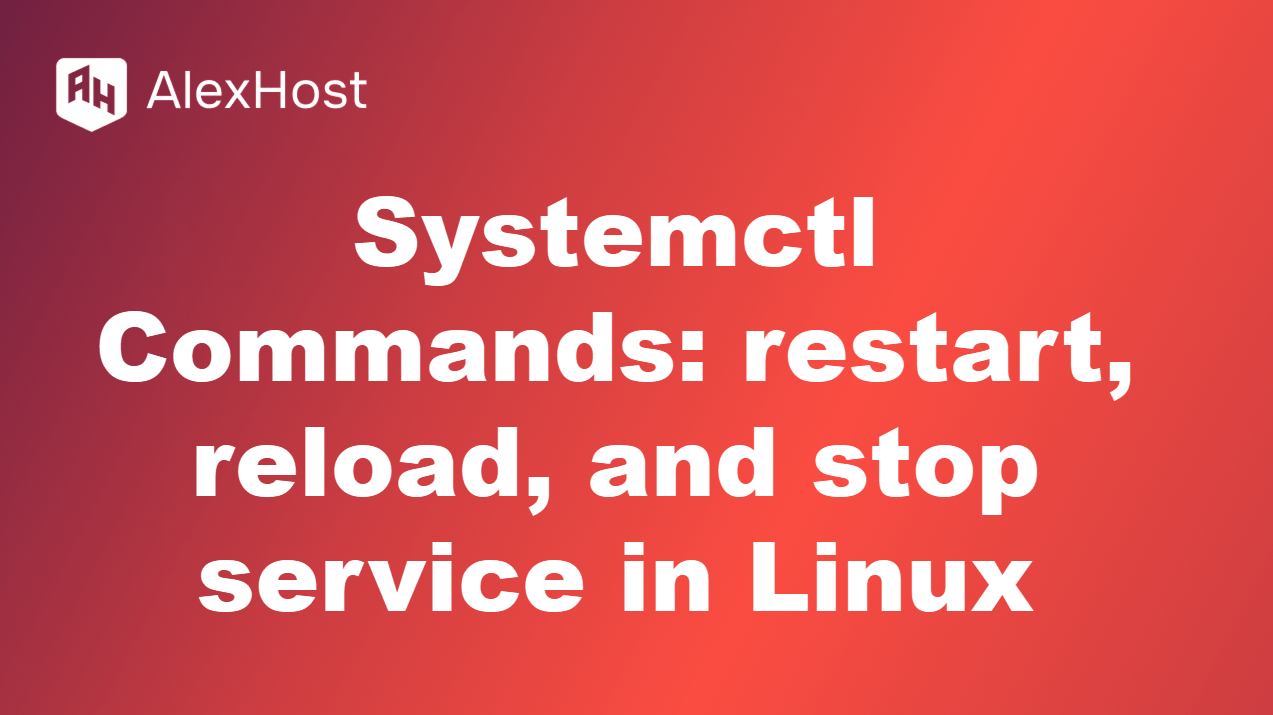Extracting .tar, .tar.gz, .tar.bz2, and other tarball files is an essential skill in Linux system administration and DevOps workflows. While tar may seem simple at first, experienced users can use advanced flags and techniques for efficiency, scripting, and fine-grained control. This guide will walk you through everything from basic decompression to conditional extraction, benchmarking, and […]
Advanced File and Directory Deletion in Python on AlexHost VPS Why master file deletion in Python? Managing files and directories is a core task for developers, especially on an AlexHost Linux VPS hosting dynamic apps or CMS platforms like WordPress. Python’s os, shutil, and pathlib modules make deleting files and directories efficient and safe, with […]
For those managing applications or services on Linux VPS hosting, ensuring that critical services start automatically at boot is essential for maintaining uninterrupted operation. Using systemd, a powerful and flexible init system, you can easily configure services to launch right when the system starts, which is crucial for web applications, databases, and other essential services […]
For users managing Linux VPS hosting environments, especially those running on an Ubuntu VPS, understanding how to efficiently mount and manage file systems is essential. The mount command in Linux offers powerful control over storage devices and file system management, which is particularly useful for VPS administrators who need reliable access to files across various […]
For users managing systems on Linux VPS hosting, the ability to efficiently organize terminal sessions is essential for productivity and streamlined workflows. Whether you’re monitoring applications, running background processes, or managing multiple sessions on your VPS, tmux (Terminal Multiplexer) is an invaluable tool. By allowing you to create, manage, and control multiple terminal windows within […]
Redis, an open-source, in-memory data structure store, is known for its speed and versatility as a key-value database. One of its powerful features is the ability to incrementally iterate through datasets using scan commands. This is particularly useful when dealing with large datasets, as it allows for efficient data retrieval without overwhelming the server. For […]
Flask is a lightweight web framework for Python that allows developers to create web applications quickly and easily. If you want to deploy a Flask application on a web hosting service, this guide will walk you through the necessary steps to get your application up and running. 1. Prerequisites Before you start the installation process, […]
In the Linux terminal, the shebang (#!) is an essential component for executing scripts written in various programming languages, including Bash and Python. The shebang line specifies the interpreter that should be used to run the script, allowing for seamless execution directly from the command line. This article will explain how to use the shebang […]
In modern Linux distributions that use systemd as the init system, managing services and processes is accomplished through the systemctl command. This powerful command allows users to control system services, check their statuses, and manipulate their configurations. In this article, we will explore how to use systemctl commands to restart, reload, and stop services in […]
Streamlining your Linux workflows is effortless when paired with a reliable hosting platform. AlexHost’s VPS Hosting offers a robust environment for developers to harness the power of tools like fzf. With full root access, high performance, and the ability to customize your server, AlexHost ensures a seamless and productive experience for managing and enhancing your […]
















